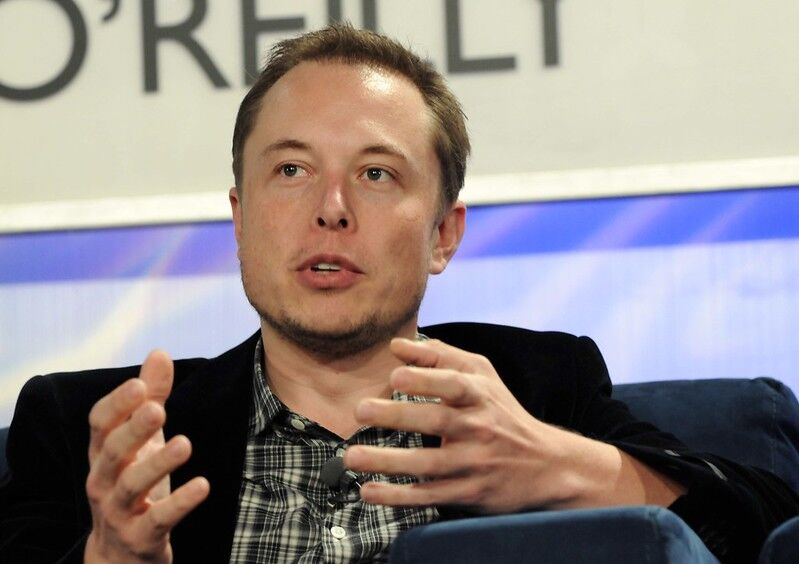Editorial: Elon Musk and XPrize
The ISD Editorial Board takes a look at Elon Musk’s past projects and discusses XPrize, an initiative meant to result in a solution to global warming.
February 13, 2021
Transform the automotive industry by making electric vehicles cool. Check. Make travel to space cheaper by landing rockets and reusing them. Check. Influence the entire stock market with a single tweet. Check.
When it comes to influence, Elon Musk is in no short supply. The world’s richest man has made it clear he doesn’t play by the unwritten rules. When he sets his mind to something, there’s a good chance that he’s going to revolutionize the industry and attract a lot of attention while he’s at it.
Tesla and SpaceX are his most widely known business endeavors, but they certainly aren’t the only things he has done that have gotten him into the news.
In 2013, Musk reignited interest in a Hyperloop, a super fast train design to transport great distances in very short periods of time. Several states now have plans for Hyperloop routes connecting major cities. Billionaire entrepreneur Richard Branson created his startup Virgin Hyperloop to develop the technology needed to bring the idea to fruition, and a number of universities have created Hyperloop teams to do the same while creating prototypes for competitions.
In 2017, Musk began selling hats to promote his new Boring Company, whose goal is to excavate tunnels for transportation purposes. He sold over 50,000 hats, raised over $600,000 and briefly changed his Twitter bio to “Hat Salesman.”
In 2018, Musk began selling flamethrowers to support the Boring Company. He sold 20,000 units, made a quick $10 million and because of the legal issues arising from buying, selling and owning a flamethrower, attracted immense media attention. After all, some would say no publicity is bad publicity.
In 2021, Musk has grown company stock prices simply by tweeting. When Musk tweeted “use Signal,” a small company inadvertently saw its stock price jump over 5,000 percent. Shares for GameStop grew 92 percent in a single day when Musk tweeted “Gamestonks.” And when Musk announced Tesla might accept Bitcoin as payment, the cryptocurrency went to record highs.
Simply put, Elon Musk has clout. He has influence, especially over young people. And what he thinks is “cool,” becomes cool. He wields tremendous power and uses it liberally.
Last week, Musk announced that he would be investing $100 million in XPrize, an incentive-based competition, to create a solution to carbon removal. The goal of the competition will be “to create and demonstrate a solution that can pull carbon dioxide directly from the atmosphere or oceans and lock it away permanently in an environmentally benign way. To win the competition, teams must demonstrate a rigorous, validated scale model of their solution at a level of carbon removal of 1 ton of CO2 per day, and further must demonstrate to a team of judges the ability of their solution to economically scale to gigaton levels.”
That’s a lofty goal, and rightfully so. Such a solution isn’t a Band-Aid fix to global warming. It has the potential to solve it. By attaching his name and influence to this competition, Musk has ensured that it will receive the attention it deserves.
This is a cause that Musk believes in personally. He sees humans as the biggest threat to our own existence. This includes the effects of global warming and the impacts a changing climate will have on society. His work with electrification and SpaceX is intended to address problems on Earth while also preparing for the worst with a colony on Mars.
It’s a big deal that Musk has chosen to tackle this challenge. His association could change people’s minds about climate change. He’ll attract financing and talented minds to address this problem. Climate activists should be ecstatic that he has thrust himself into their world. He has the popularity and influence to defeat climate change. The only question is whether he will actually do it.







